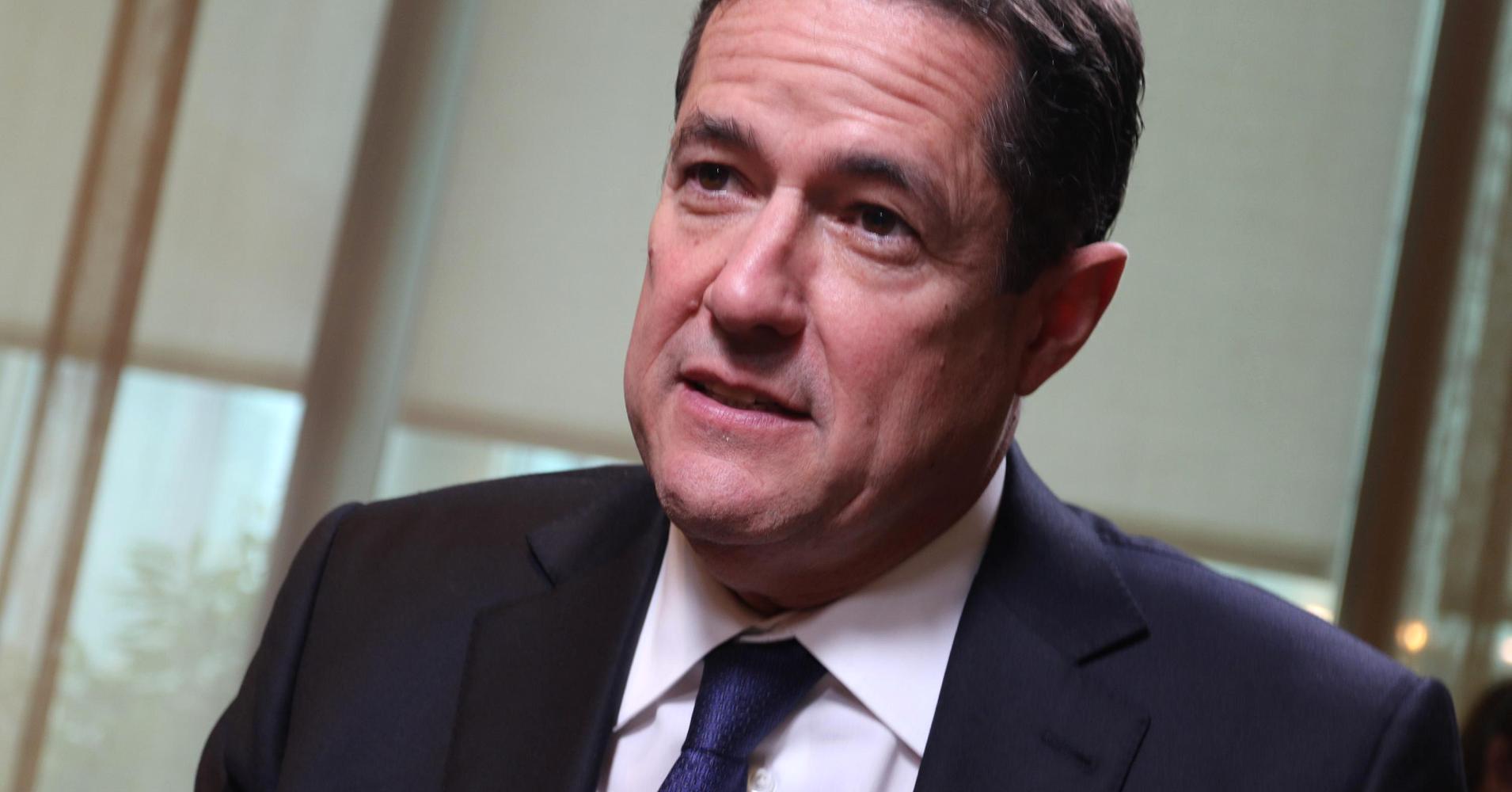
Barclays CEO Jes Staley aptly warned in January of an impending volatility jolt. Now he’s made his call for the next big market risk: credit markets.
“The markets to watch are the credit markets,” Staley told CNBC on Thursday, when asked about his biggest concern for the future.
“There are some good signs and some negative signs. Clearly, interest rates are going up in the U.S. and the U.K. What’s a little disconcerting is credit spreads have also widened concurrent with the risk-free rate going up,” the CEO said. “That generally doesn’t happen.”
Widening credit spreads — the difference in yields between bonds with the same maturity date but different risk ratings — generally signal growing worry about corporate borrowers’ ability to make their debt payments.
As banks had to cut down lending in the aftermath of the financial crisis, corporates have been turning to bond markets in greater droves.
According to fund management firm Ironshield Capital, issuance of high-yield bonds between 2013 and 2017 was three times higher than it was between 2008 and 2012. This has been helped by a decade of monetary stimulus and cheap lending from central banks, who are now moving toward normalizing policy and raising interest rates.
In January, Staley spoke to CNBC from Davos, Switzerland, warning about the dangers of the historically high valuations and record low volatility that characterized 2017. “If you’ve got a lot of short positions at an all-time low level and something snaps, the velocity of recovery could be quite something to watch,” he said, adding that “this feels a little bit like 2006.”
The CEO was proven right when the stock market went haywire in early February and large volatility spikes resulted in short-volatility traders losing millions, although many investors have said the correction was overdue.
Looking at debt, it’s important to note that by 2016, global corporate and household debt had reached 138 percent as a share of gross domestic product (GDP), compared to 115 percent in 2007, the year before the financial crisis, according to the Bank for International Settlements. Today, corporate issuance in euros is double what it was in 2007.
Staley would not be the first to worry that corporate debt could be the next crisis in the making. Nonetheless, he doesn’t see cause for panic yet.
“That being said, economic growth is very robust, the tax cuts in the U.S. are going to lead to a lot of stimulus I think globally, very strong growth all the way around the world,” he said.
“So there are some signs in the financial markets that we need to keep an eye on, and volatility was clearly one of them, and we sort of pointed that out… But hopefully the economic growth continues robust and strong and that’s good for all of us.”

